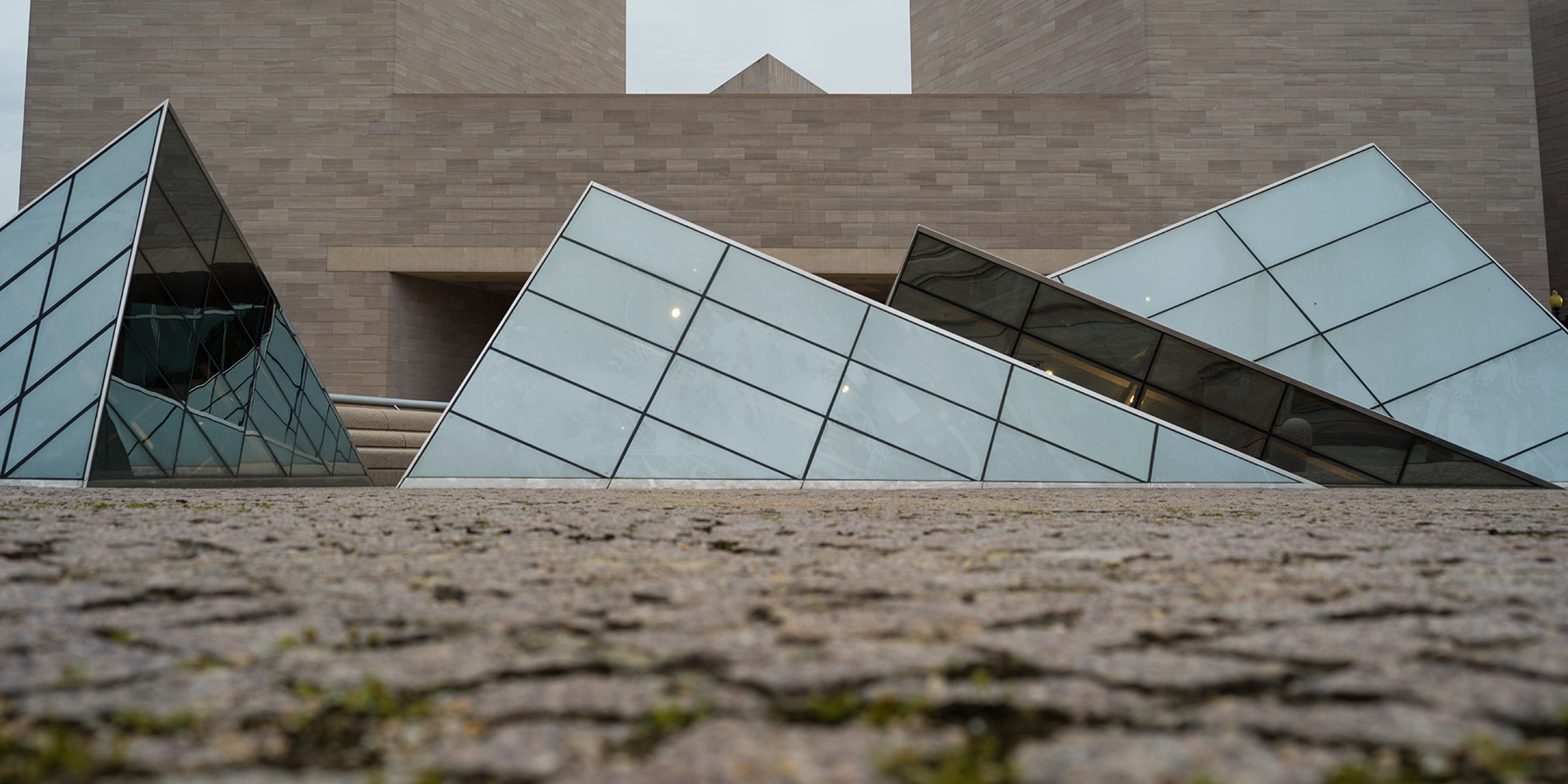Understanding the role of social welfare initiatives in shaping Palestine’s cultural sector also helps recontextualize Jewish-led art initiatives that emerged during this period. The Bezalel School of Arts and Crafts, for example, was the first purpose-built art school to open in Palestine in 1906 and would create a legacy as the birthplace for a Jewish (later, “Israeli”) national art. However, it first expressed its mission through the lens of welfare (“to improve the social and economic situation of the poor Jewish population Eretz Israel”) and was but one of several religious charitable institutions focusing on artisanal craft production. Similar to Christian- and Muslim-sponsored institutions supporting artistic production at the time, the Bezalel School consistently framed its efforts as being for the welfare of Palestine, even as ideas of what “Palestine” was and whose “welfare” these activities would ultimately benefit were in flux and differed according to each institution’s religious and political stance.
In researching how the field of Palestinian (and also Israeli) modern art was embedded in and responsive to international welfare efforts in the post-Ottoman Middle East, I am finding a new way to narrate the origins of modern art in this region and offering a view on Palestinian art history that neither hinges solely on the nakba (the establishment of Israel in 1948 and the concomitant dispossession of Palestinians) nor relies on subsequent touchstones in the Israeli-Palestinian conflict. In addition, I hope this research will generate future scholarship that assesses the rise of modern art in the Middle East in light of the Ottoman Empire’s long collapse over the 19th century, rather than primarily in relation to histories of nationalism, colonialism, and postcolonialism in the 20th century. This topic formed the basis of an upper-level seminar I taught at Georgetown University in spring 2023, “Modernism and the Islamic World,” as part of my Center fellowship.
Beinecke Postdoctoral Fellow, 2021–2023
In fall 2023, Nisa Ari will join the faculty of Montserrat College of Art in Beverly, Massachusetts, as associate professor of art history.


